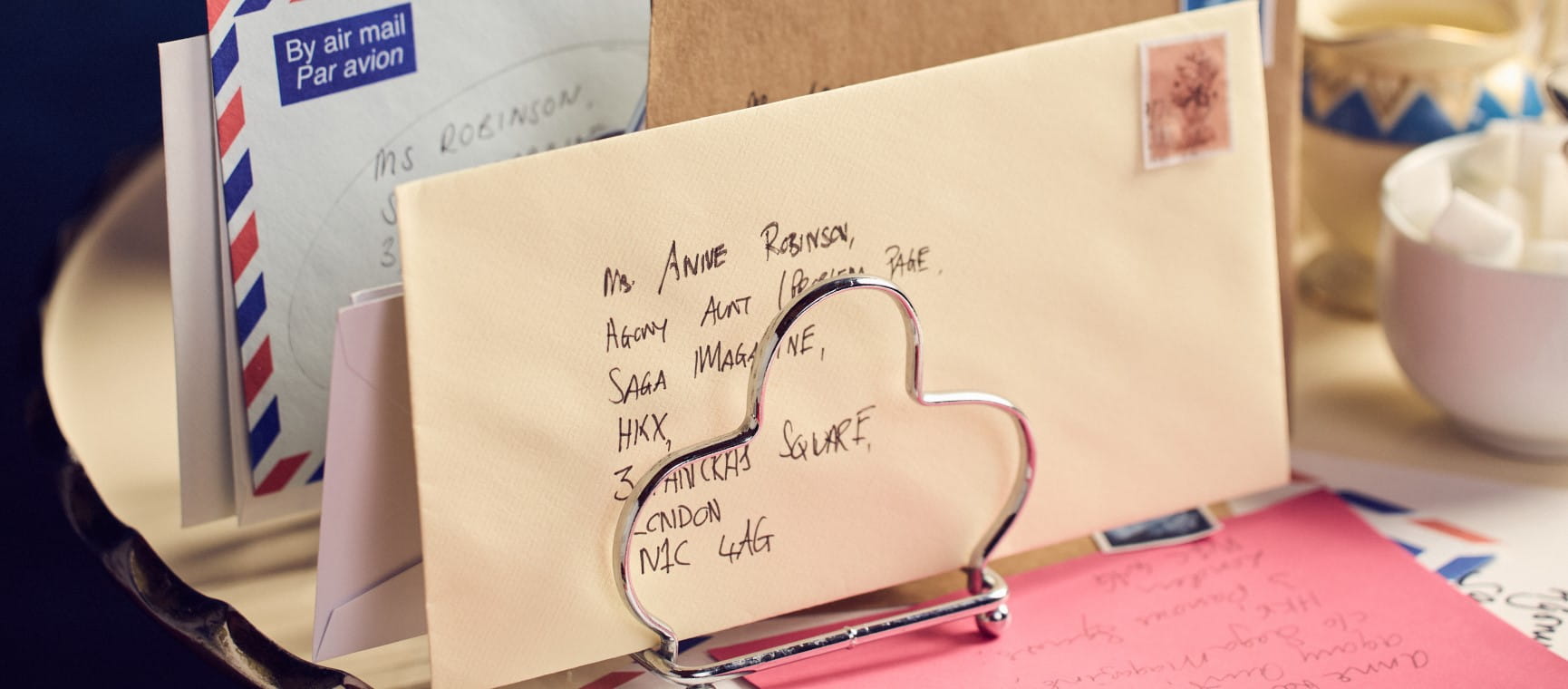Jenni Murray on the importance of female-only spaces
With unisex toilets becoming increasingly popular, our columnist explains why she believes these WCs are anything but convenient.

With unisex toilets becoming increasingly popular, our columnist explains why she believes these WCs are anything but convenient.

Over the past few months, I’ve gained a lot of pleasure from regular tweets posted on what is now known as X by Tony Blair’s former press secretary, Alastair Campbell.
He’s been out with his camera around his part of green and beautiful north London taking pictures. He’s put up a regular ‘Tree of the Day’ and they’ve been delightful.
Delightful, that is, until one recent snap. No beautiful bark and gorgeous green leaves to be seen on this Tree of the Day. It’s just a wooden door with the words ‘Gender Neutral’ engraved upon it.
Where there are women, men will be cleaner and tidier because, of course, that’s our job – to keep sloppy men in check
His explanation runs thus: ‘My tree of the day is the one that was made into this door. I mean, honestly, what is the problem? You go into a communal space, there are men and women, no urinals full of fag ends and chewing gum, no spraying and checking out for size, just private toilets for all. Much better.’
Better for whom? Ah, yes, of course, better for men, working on that age-old adage that where there are women, men will be cleaner and tidier because, of course, that’s our job – to keep sloppy men in check.
Except they won’t.
We women have all lived with men and boys and know perfectly well that you don’t sit down on a toilet seat until you’ve given it a good clean because men, who don’t need to sit to have a wee, hardly ever manage not to splash.
As women, we do not have the confidence that men seem to have that they can do what they’re there for without anyone checking them out. It may be pleasurably private for them, but there’s ample evidence of men and boys standing up on the toilet to take pictures of women in the cubicle next door or peering under the door to catch a glimpse of a woman or girl with her knickers down.
We know there have even been occasions where women and girls have been pushed into a cubicle and assaulted. This tiny minority of men cannot be given the opportunity to push women around in a space that until recently we could view as exclusively ours.
Women fought very hard in the 19th century for toilets to be provided solely for their sex. It was impossible for a woman to be out and about unless she could rely on the provision of a loo should the need arise.
Women fought very hard in the 19th century for toilets to be provided solely for their sex
It was the growth of the department stores such as Selfridges that led to such provision. For the stores it meant custom; for the women, it meant a newfound liberty. It’s what we want today.
Call it ‘Ladies’ and ‘Gentlemen’, or ‘Women’ and ‘Men’, the two must be kept separate.
Toilets are not about gender, they are about sex. And men and women are very different. Public toilets serve that difference.
Men stand up, women sit down and if, as I did as a teenager, we need to change our clothes to head out for the evening in an outfit of which our mothers would not approve, we need to change in privacy – in the ladies’ toilet.
I have only once had to use one of these ‘anybody allowed’ toilets in a trendy London theatre. As I emerged from a cubicle a man entered through the main door. He had already unzipped his trousers. He grinned lasciviously. As a girl I would have called it flashing. I would now call it indecent exposure and should have pointed out that he was breaking the law.
A survey carried out by the last Conservative government found 81% of respondents wanted single sex facilities and there was a promise of a law to ensure such provision in all public places.
Alastair’s analysis of the significance of that ‘Gender Neutral’ sign places only a male perspective of convenience into the hot debate about safe spaces for women.
Dame Jenni Murray is a journalist and broadcaster. She presented BBC Radio 4's Woman's Hour for more than a decade and now writes regularly for national newspapers and magazines. She is a monthly columnist for Saga Magazine.
View author page
The ultimate guide to Saga Puzzles, full of technical tips, tricks and hints.

With the start of the new financial year on 6 April, our money expert explains the changes to your pension, benefits and taxes.





